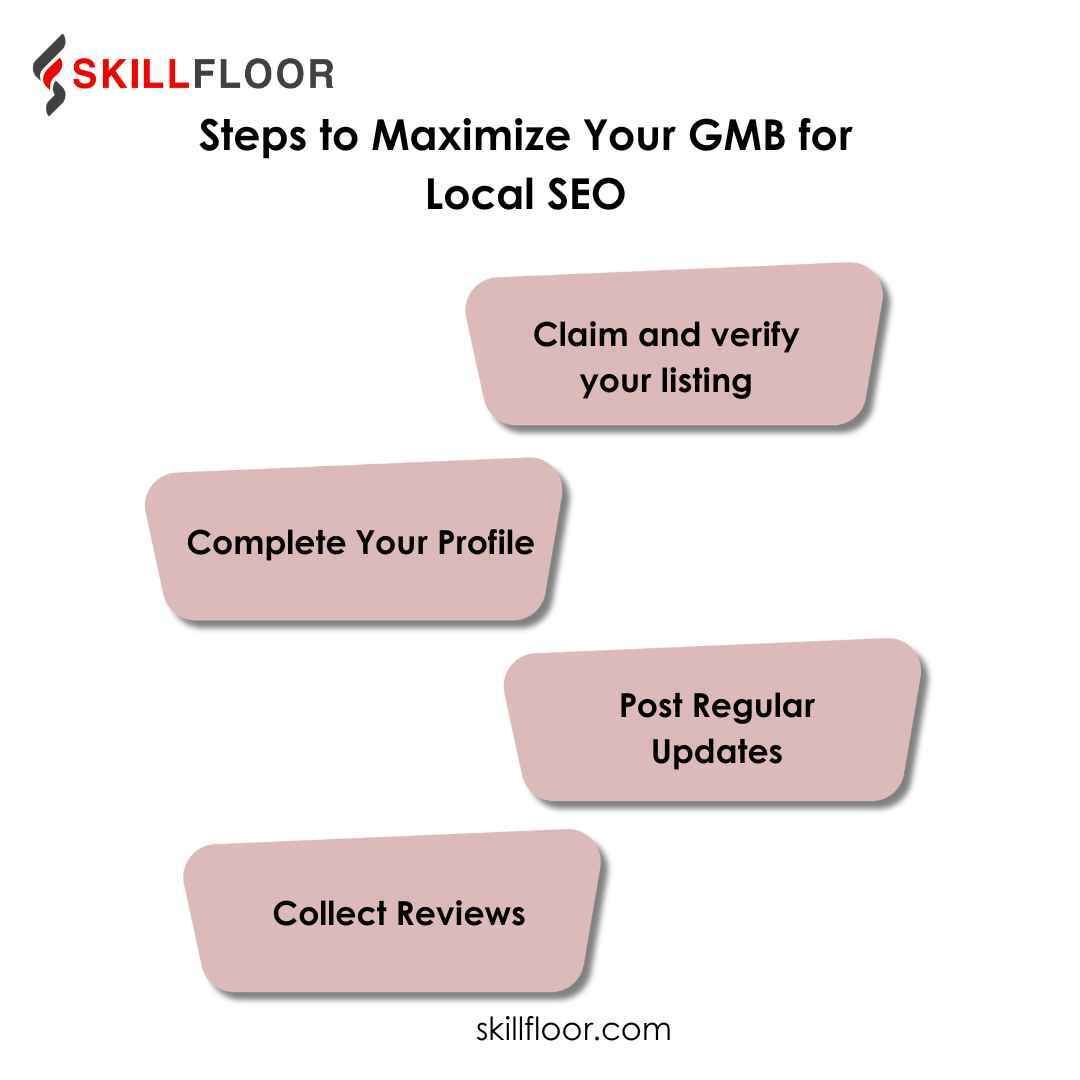The Use of Search Engines for Local SEO
Learn effective ways to boost your local business using search engines. Discover practical tips for improving local SEO and attracting more customers.

Increasing your company's online visibility with local SEO has become crucial in the current technological age. For businesses looking to draw in local clients, using search engines for local SEO is important. Search engines that assist businesses in showing up in local search results, such as Google, Bing, and Yahoo, are important players in this process. Your website and business listings can be made more visible to search engines, which will increase traffic and, eventually, revenues. Local companies are ranked by search engines using a variety of algorithms, so it's critical to comprehend and use these tools wisely.
One effective way to gain this understanding is by enrolling in SEO courses. These courses provide valuable insights into the factors that search engines take into account, such as local citations, online reviews, and a well-optimized Google My Business profile. By mastering these elements, you can significantly boost your local SEO efforts. The Use of Search Engines for Local SEO not only improves your digital marketing plan but also keeps your company competitive in your neighbourhood.
Understanding Local SEO
Optimizing your online presence to draw in more business from relevant local searches is the main goal of local SEO. These queries are made using search engines such as Yahoo, Bing, and Google. Local SEO makes sure that your company shows up highly in the search results when someone in your region searches for a service or product that you provide. For small and medium-sized businesses trying to compete in their local marketplaces, it's an essential tool. You may engage with prospective clients exactly when they are looking for what you have to offer by utilizing local SEO.
The Role of Search Engines in Local SEO
The use of search engines is crucial for local SEO. These are the main resources customers use to locate nearby companies. Google uses complex algorithms to provide the most relevant outcomes when a user puts a query into the search engine. These results for local searches frequently consist of a combination of local business profiles, map listings, and organic results. Your chances of ranking highly in these search results increase with the degree to which your website and online presence are optimized for these search engines.
Optimizing Your Website for Local Search
You must optimize your website for local search to get the most out of local SEO. The following are some crucial actions:
Local Keywords: Include relevant local keywords in the text of your website. Use terms like "Seattle bakery" or "best bakery in Seattle," for instance, if you are the owner of a bakery in Seattle.
Meta Tags: Make sure local keywords are included in your meta descriptions and titles. This makes your website more relevant to a given region for search engines.
NAP Information: Ensure that the NAP (Name, Address, and Phone number) on your website and other online profiles are the same. For search engines to accept the veracity of your content, consistency is essential.
Mobile Optimization: Mobile devices account for a significant amount of local search traffic. Make sure your website is responsive to mobile devices to enhance user experience and boost local search engine rankings.
Google My Business and Local SEO
Google provides business owners with the ability to manage their online presence across its expanding range of services and search engines through a free tool named Google My Business (GMB). To maximize your GMB for local SEO, follow these steps:

Claim and verify your listing: Make sure you've finished the verification process and claimed your company on GMB.
Complete Your Profile: Complete all fields in your GMB profile, including classifications, services provided, and business hours.
Post Regular Updates: Disseminate company-related news, promotions, and occasions. Your profile may remain interesting and engaging with frequent updates.
Collect Reviews: Motivate happy clients to write gratifying evaluations. Reviews have a big influence on your online reputation and are a vital component of local search rankings.
Local Citations and Directories
Online references to the NAP information for your company are known as local citations. They affect local search rankings and assist search engines in determining the credibility of your company. Utilizing local citations can be done as follows:
List Your Business in Local Directories: Include your company in directories that are relevant to your industry, such as Yelp, the Yellow Pages, and others.
The Key Is Consistency: Make sure all of your listings have the same NAP information. Inconsistencies might undermine your local SEO efforts by confusing search engines.
Quality Over Quantity: Prioritize Quality Over Quantity by concentrating on being included in reliable, high-calibre directories. Many low-quality citations are not as valuable as a few high-quality ones.
Local Link-Building Strategies
You may also boost your local SEO strategies by creating local links. The following are some tactics of SEO strategies:
Local Partnerships and Sponsorships: Take part in local business partnerships or sponsor local events. Backlinks from nearby websites can frequently result from these collaborations.
Interact with Local Bloggers and Influencers: Work together to produce material that references your website from local bloggers and influencers.
Create Local Content: Write blog entries or make films concerning news, events, or interesting local subjects. This content can increase traffic to your website and draw in local links.
Tracking and Analyzing Local SEO Performance
You must monitor and assess your results if you want to be confident that your local SEO efforts are successful. Observe the following important metrics:
Google Analytics: Monitor user activity, conversion rates, and website traffic using Google Analytics. Observe the traffic resulting from local searches.
Google Search Console: Track your search results, impressions, clicks, and average position for queries that are specific to your area.
Rank tracking tools: Monitor your local search rankings and observe how your company is doing in local search results by using tools such as Moz Local or BrightLocal.
Review management tools: You may handle and reply to reviews on many platforms with the aid of programs like GatherUp and Yext.
The success and visibility of your company in your local market can be greatly enhanced by embracing the use of search engines for local SEO. You may improve your local SEO approach by realizing the significance of search engines, optimizing your website, utilizing Google My Business, and constructing local citations and links. Don't forget to monitor your progress and modify your tactics as necessary. A well-thought-out local SEO strategy will go a long way toward making your company a local favourite and drawing in additional clients.































































